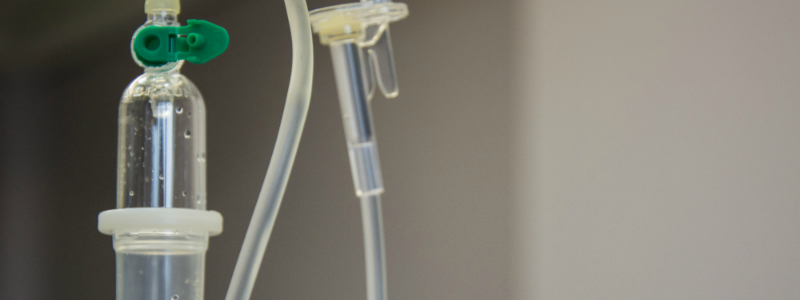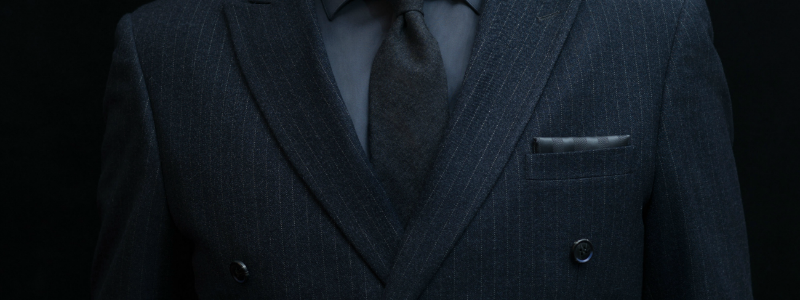Is Eye Damage after Cataract Surgery Medical Malpractice?
Cataracts are a part of growing older, but modern medicine has made treating them almost routine. Surgical procedures to extract the old lenses from our eyes and replace them with artificial lens is nothing short of astounding, and most of the time, those surgeries go off without a hitch. Complications are not all that normal […]

June 19, 2019

Cataracts are a part of growing older, but modern medicine has made treating them almost routine. Surgical procedures to extract the old lenses from our eyes and replace them with artificial lens is nothing short of astounding, and most of the time, those surgeries go off without a hitch. Complications are not all that normal with cataract surgery.
But what if you find yourself suffering beyond the normal recovery time for that procedure? If you experience eye damage after cataract surgery, what are the chances that the damage was caused by medical malpractice? With something as common as cataract surgery, finding malpractice is uncommon, but, as with all medical procedures, it can happen.
Standards of Care

All medical professionals, from family physicians to surgeons, must meet certain expectations when they care for any patient. Most often, these expectations depend on the legal definition of standard of care.
According to the state of Indiana, health care providers must exercise that degree of care, skill, and proficiency exercised by reasonably careful, skillful, and prudent practitioners in the same class acting under the same or similar circumstances. The accepted standard of care can vary from state-to-state, but all essentially protect both doctor and patient in the event of something going awry during a procedure.
Understanding this standard is vital for both your caregiver and you, their patient. Your health care provider acknowledges the level at which they must perform, and you acknowledge the limitations they may have as human beings, including the limited ability to account for every eventuality.
Negligence in Cataract Surgeries

What could subsequent eye damage from cataract surgeries look like?
Maybe the anesthesiologist under or over sedated you. Maybe your surgeon improperly placed your artificial lens and injured neighboring areas of the eye. Maybe a slip of the finger on the part of your surgeon resulted in a tear on your posterior capsule.
Any of these can stem from negligence, and if you can prove that negligence, you may have a medical malpractice case.
Difference Between Negligence and Malpractice

Negligence on its own doesn’t equal medical malpractice. However, if negligence was the cause of your injury, then you may have grounds for a medical malpractice case.
If your doctor strayed, either via intent or ignorance, from the clear standard of care they were supposed to provide for you during a cataract surgery, then they were negligent in their care. You must prove that their negligence caused your injury.
To help prove that your doctor was negligent, you’ll need the written or verbal testimony of a medical professional with qualified experience of the procedure during which you were injured. That professional third party will clearly outline the standard to which your caregiver should have adhered, show how they failed to meet that standard, and explain how that negligence resulted in your injury. A medical malpractice attorney will find an expert witness to testify on your behalf.
Help from an Indiana Medical Malpractice Lawyer
You shouldn’t have to fear injury from something as routine as replacing cloudy lenses in your eyes. If you or someone you know has experienced eye damage following cataract surgery due to the negligence of a medical professional, Hensley Legal Group may be able to help. Call us today or contact us online for a free conversation about your claim. Our Indiana medical malpractice lawyers are here to help.